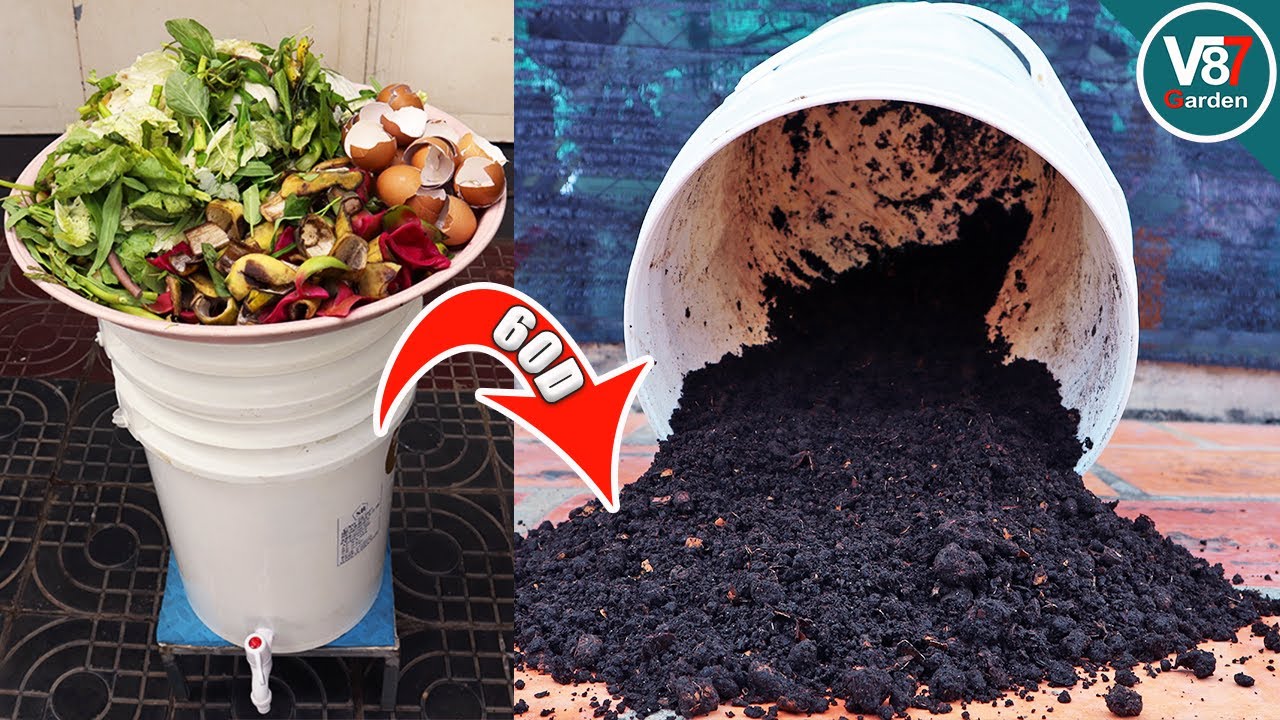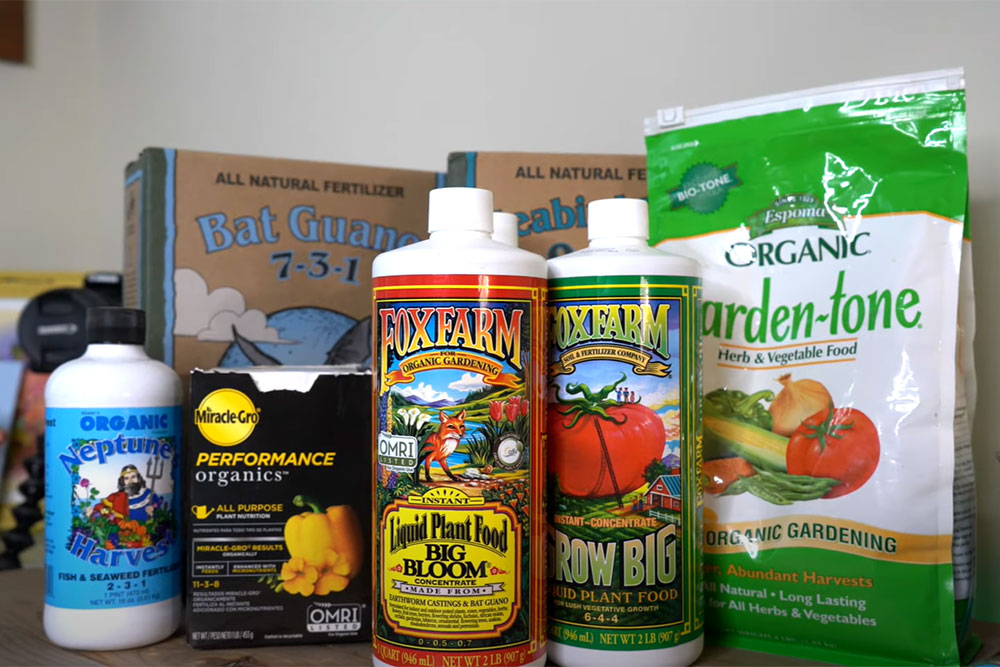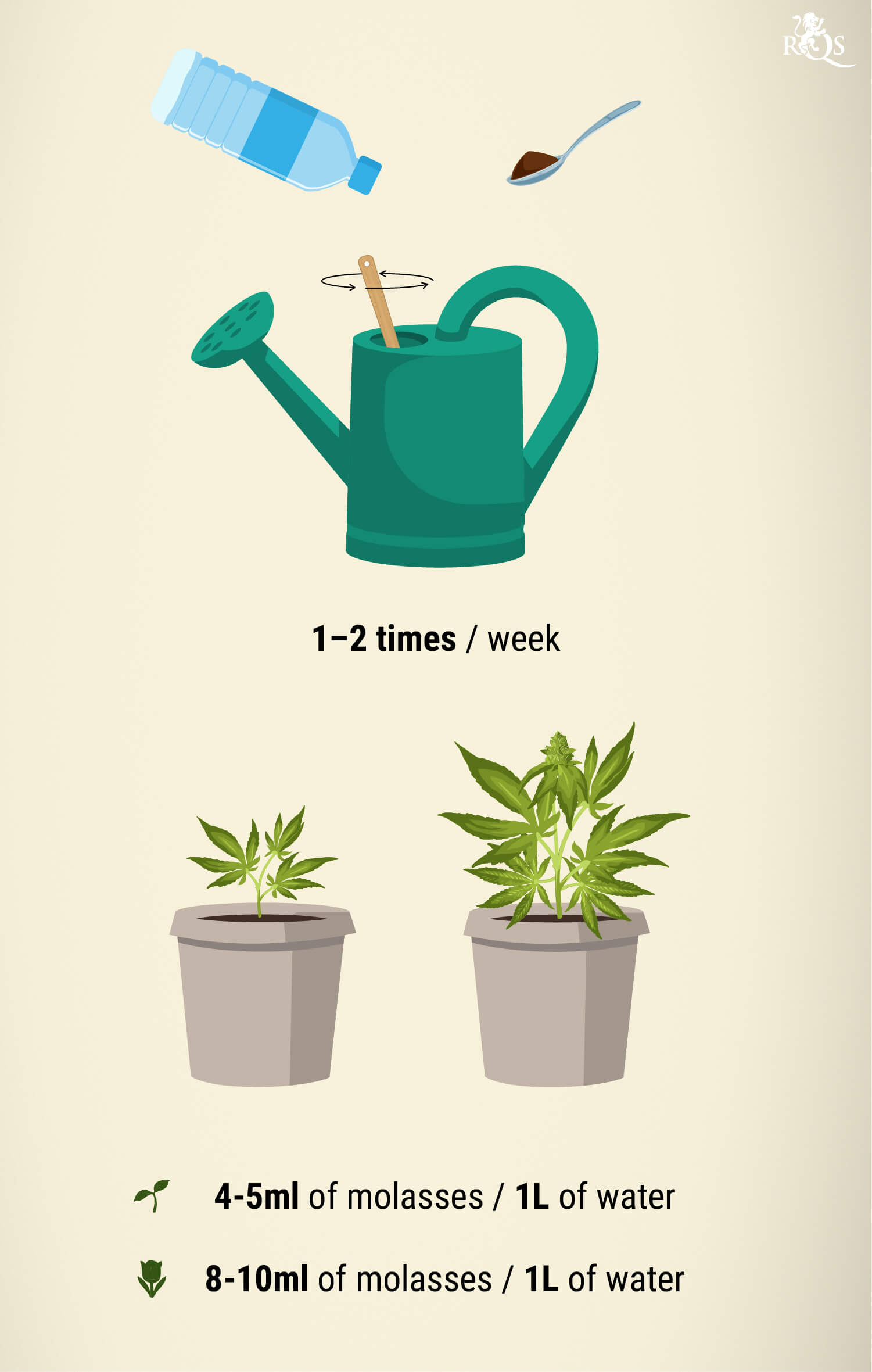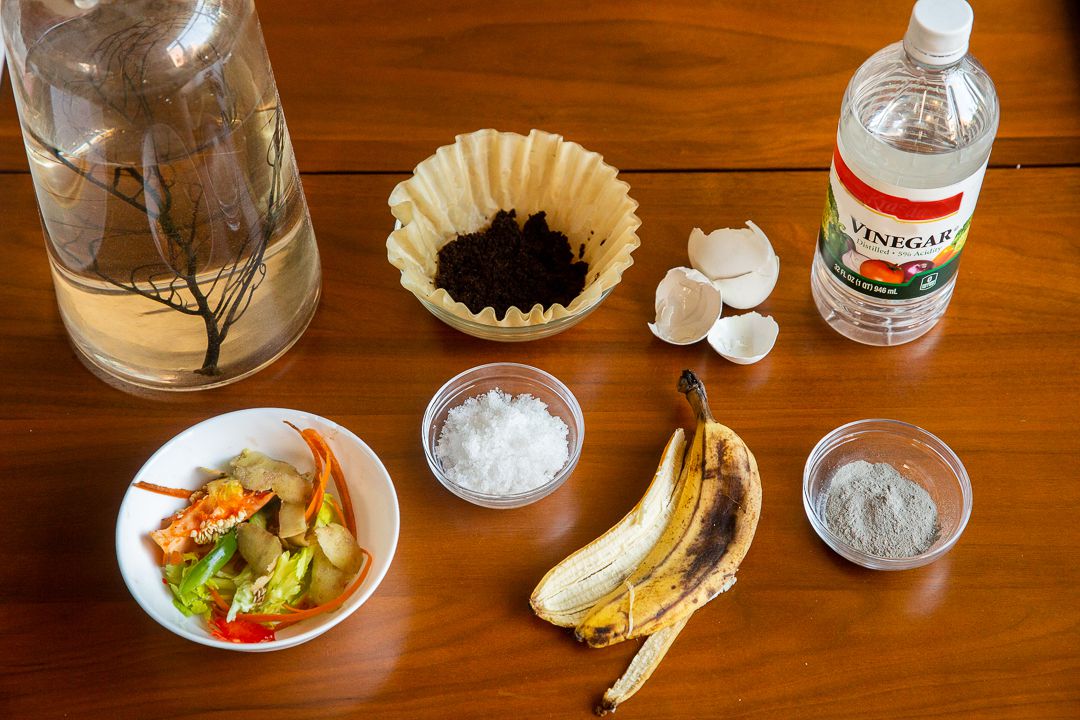How to Make Compost from Kitchen Scraps
Composting kitchen scraps is not only a great way to reduce waste, but it also provides nutrient-rich soil for your garden. You don’t need a fancy setup to get started – all you need is a compost bin and a little bit of time and effort. In this article, we’ll show you how to make compost from kitchen scraps step by step.
Step 1: Get a Compost Bin
The first thing you’ll need to do is get a compost bin. You can purchase one from a garden store or make your own using a plastic bin or even a wooden crate. Make sure the bin has a lid to keep pests out and holes in the bottom for drainage.
Step 2: Collect Kitchen Scraps
Start collecting kitchen scraps such as fruit and vegetable peels, coffee grounds, eggshells, and tea bags. Avoid adding meat, dairy, or oily foods to your compost bin, as they can attract pests and create a bad odor.
Step 3: Add Brown and Green Materials
Compost needs a good balance of brown (carbon-rich) and green (nitrogen-rich) materials. Brown materials include dried leaves, straw, and newspaper, while green materials include grass clippings, fruit and vegetable scraps, and coffee grounds. Aim for a 3:1 ratio of brown to green materials.
Step 4: Turn the Compost Pile
Regularly turn your compost pile with a pitchfork or shovel to aerate it and speed up the decomposition process. Make sure to mix the materials well to ensure even decomposition.
Step 5: Keep it Moist
Compost should be about as damp as a wrung-out sponge. If it’s too dry, add some water. If it’s too wet, mix in some dry brown materials like leaves or straw.
Step 6: Patience is Key
Composting takes time, usually around three to six months for the materials to fully break down. Be patient and continue to add kitchen scraps and turn the pile regularly.
Step 7: Harvest Your Compost
Once your compost is dark brown and crumbly, it’s ready to use in your garden. You can spread it around your plants as a natural fertilizer or mix it with soil for potted plants.
Conclusion
Composting kitchen scraps is a simple and rewarding way to reduce waste and improve your garden soil. By following these steps, you can create nutrient-rich compost that will benefit your plants and the environment. Start composting today and make a positive impact on the planet!



